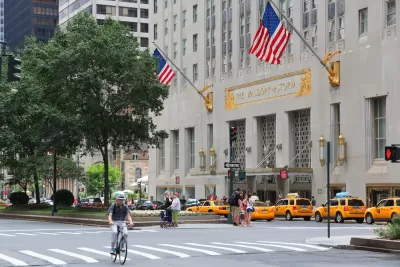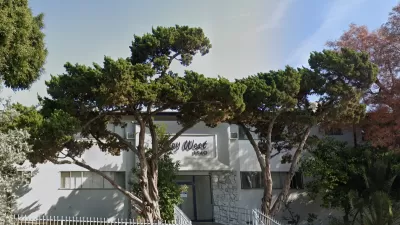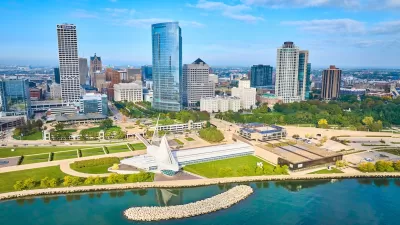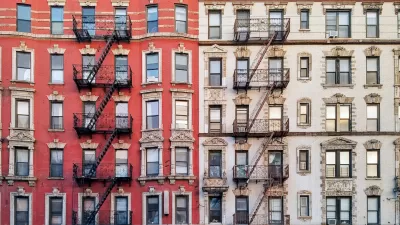The world hasn't been the same since Airbnb launched in 2008 and quickly grew in popularity.

New research by Tarik Dogru and colleagues Airbnb’s impact on hotel performance in ten major U.S. cities, measuring effects in terms of room prices, hotel revenues, and occupancy rates. Dogru writes for CityLab to explain the new research.
According to Dogru, the "exponential rise" of Airbnb was made possible by increasing demand for "authentic" short-term rental experiences (i.e., in people's homes, not hotels) and a lack of regulations.
While this is now changing as cities clamp down, this provided Airbnb with a significant competitive advantage against the hotel industry. Indeed, the typical regulatory framework in cities across America means it can take several years to add a new hotel to the market and requires permits, adherence to safety codes, and more tax collection.
According to the research, "these advantages translated into a significant impact on the hotel industry in terms of revenues, prices, and occupancy rates." In New York City alone, the hotel industry lost an estimated $365 million in 2016 alone, according to Dogru.
Also worth noting is Airbnb's effect in the high-end hotel market.
That suggests the company has successfully pushed to provide more unique experiences across the spectrum, and now there’s a large inventory of more “luxury” experiences on the platform where one can rent designer homes and unique accommodations like cabins, boats and even treehouses—all of which tend to be in the higher price range.
Dogru presents several more key findings from the research, and concludes with a warning that despite new regulatory changes, the hotel industry should expect Airbnb to be a powerful industry presence in the future.
FULL STORY: Here’s How Much Airbnb Is Lowering Hotel Prices and Occupancy

Planetizen Federal Action Tracker
A weekly monitor of how Trump’s orders and actions are impacting planners and planning in America.

Congressman Proposes Bill to Rename DC Metro “Trump Train”
The Make Autorail Great Again Act would withhold federal funding to the system until the Washington Metropolitan Area Transit Authority (WMATA), rebrands as the Washington Metropolitan Authority for Greater Access (WMAGA).

DARTSpace Platform Streamlines Dallas TOD Application Process
The Dallas transit agency hopes a shorter permitting timeline will boost transit-oriented development around rail stations.

Supreme Court Ruling in Pipeline Case Guts Federal Environmental Law
The decision limits the scope of a federal law that mandates extensive environmental impact reviews of energy, infrastructure, and transportation projects.

Texas State Bills to Defund Dallas Transit Die
DART would have seen a 30% service cut, $230M annual losses had the bills survived.

Bikeshare for the Win: Team Pedals to London Cricket Match, Beats Rivals Stuck in Traffic
While their opponents sat in gridlock, England's national cricket team hopped Lime bikes, riding to a 3-0 victory.
Urban Design for Planners 1: Software Tools
This six-course series explores essential urban design concepts using open source software and equips planners with the tools they need to participate fully in the urban design process.
Planning for Universal Design
Learn the tools for implementing Universal Design in planning regulations.
Roanoke Valley-Alleghany Regional Commission
City of Mt Shasta
City of Camden Redevelopment Agency
City of Astoria
Transportation Research & Education Center (TREC) at Portland State University
US High Speed Rail Association
City of Camden Redevelopment Agency
Municipality of Princeton (NJ)





























